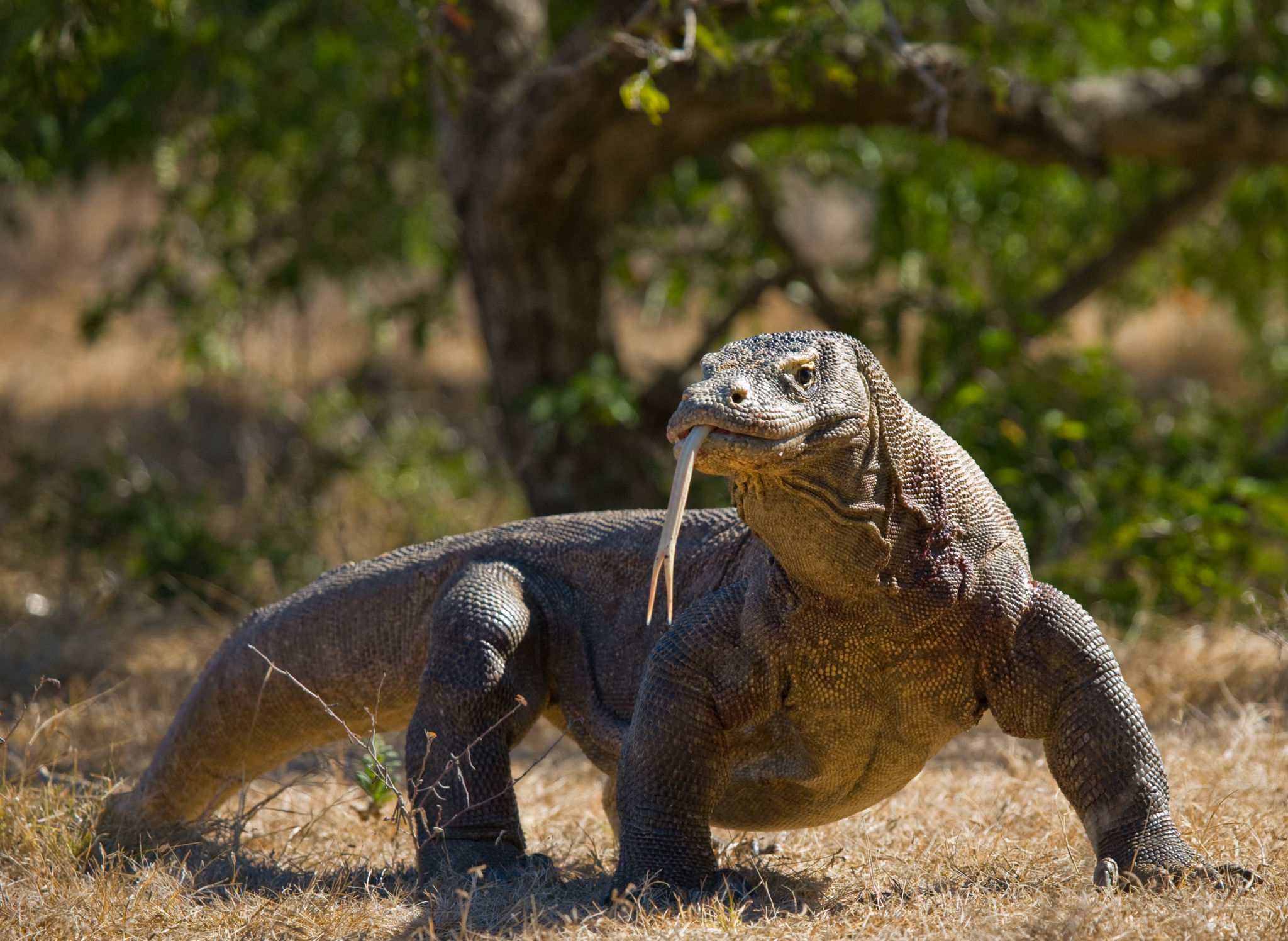Exploring Komodo: A Guide to Ethical Travel and Conservation
Introduction to Komodo: A Journey Like No Other
Nestled within the Indonesian archipelago lies Komodo, a destination renowned for its awe-inspiring landscapes and unique wildlife. Home to the famous Komodo dragons, this island is a haven for nature enthusiasts. However, with its growing popularity, it's crucial to engage in *ethical travel* to preserve its pristine environment and rich biodiversity.

Understanding the Komodo Ecosystem
The Komodo National Park, a UNESCO World Heritage Site, comprises several islands where diverse ecosystems thrive. From arid savannahs to vibrant coral reefs, the park supports an array of species that contribute to its ecological significance. The Komodo dragon, the world's largest lizard, is the star attraction, drawing visitors from around the globe.
Preservation efforts are essential to maintain this delicate balance. Conservation organizations work tirelessly to protect these creatures and their habitats from threats such as poaching and habitat destruction. Travelers can play a vital role by learning about and supporting these initiatives.
The Importance of Responsible Tourism
Responsible tourism is key to ensuring that Komodo remains a natural wonder for future generations. By choosing ethical travel options, visitors can minimize their impact on the environment. This includes staying in eco-friendly accommodations, respecting wildlife, and adhering to park regulations.

How to Travel Ethically in Komodo
When planning your trip to Komodo, consider these guidelines for an ethical travel experience:
- Choose sustainable tour operators: Look for companies that prioritize environmental conservation and community engagement.
- Practice Leave No Trace principles: Ensure you leave the environment as you found it, taking all trash with you.
- Support local communities: Purchase locally made goods and services to contribute to the local economy.
Engaging in Conservation Efforts
Visitors have the opportunity to actively participate in conservation efforts during their stay. Many organizations offer volunteer programs where travelers can assist with research and habitat restoration projects. These experiences provide a deeper understanding of the challenges faced by the park and allow travelers to contribute positively.

Wildlife Etiquette: Observing Without Disturbing
While encountering Komodo dragons can be thrilling, it’s important to observe them responsibly. Maintain a safe distance, avoid making loud noises, and never feed or attempt to touch them. These practices help protect both the animals and visitors from potential harm.
Guided tours led by knowledgeable rangers offer insights into the behavior and ecology of these magnificent creatures while ensuring safety and minimal disturbance.
Conclusion: Leaving a Positive Impact
Exploring Komodo is more than just witnessing its beauty; it’s about contributing to its preservation. By making informed choices and supporting conservation efforts, travelers can ensure their visit leaves a positive impact. Ethical travel not only benefits the environment but also enriches the travel experience, creating lasting memories of a truly remarkable destination.

